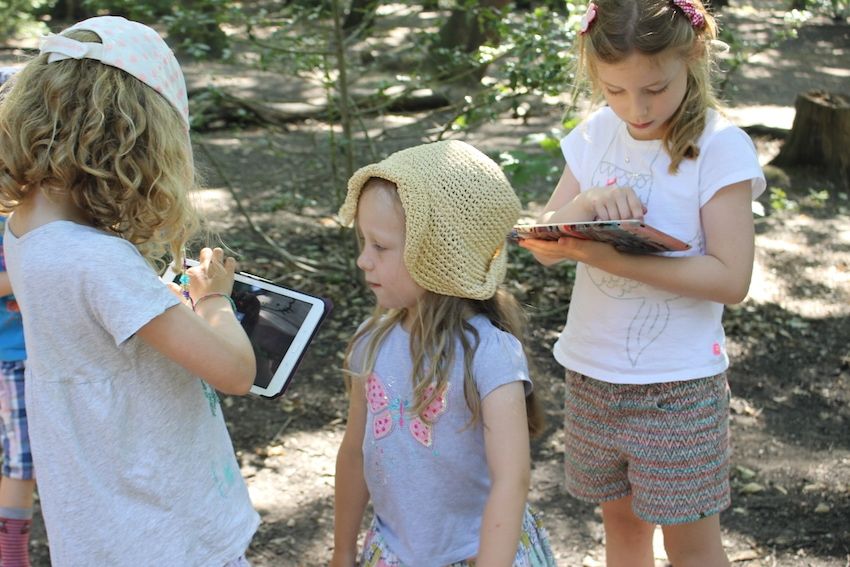
Putting new childcare policies in place will provide challenges, says Liz Roberts from Nursery World
Published
Tuesday, 25 July
Author
Mark Rosser
Categories
Blog
July
Share
Like schools, nurseries are now out for the summer. However, since a number of policy changes will start being implemented in September, the summer won’t be all fun and games for many nursery leaders.
This content is restricted to BESA members
LoginNot yet a member?
Become a part of the BESA community and unlock exclusive business advantages, including:
- Trusted provider status to enhance your industry credibility
- Exclusive discounts on major exhibitions and events
- Access to vital sector insights with resources like the BESA Barometer and Compass reports
- Networking opportunities with industry leaders
- Exclusive business benefits designed to help your organisation thrive
Join now and take advantage of BESA's membership benefits to stay ahead in the industry.
Become a member